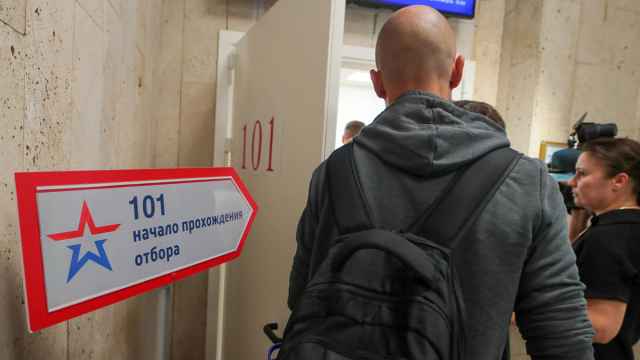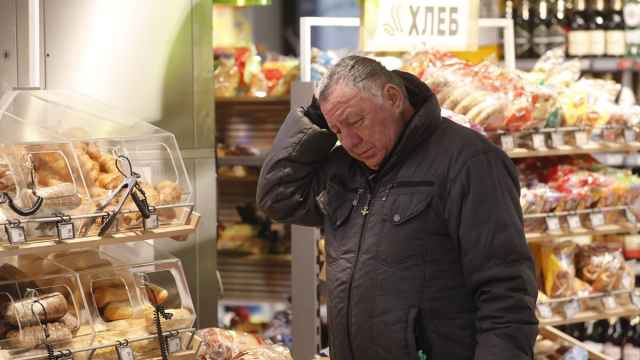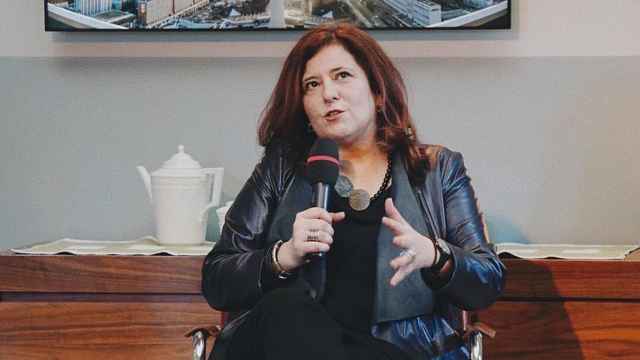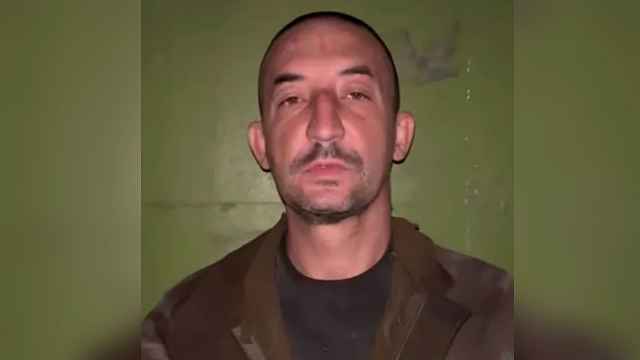The U.S. Embassy in Moscow sent a cable to Washington describing the trial against former Yukos owner Mikhail Khodorkovsky and his business partner Platon Lebedev as politically charged and influenced by the government, according to WikiLeaks.
The cable, released late Wednesday, was titled “Rule of Law Lipstick on a Political Pig: Khodorkovsky Case Plods Along” and dates to December 2009, when prosecutors for the case, which will be wrapped up later this month, finished reading the 188 volumes of evidence and started questioning witnesses.
"There is a widespread understanding that Khodorkovsky violated the tacit rules of the game: If you keep out of politics, you can line your pockets as much as you desire,” said the cable, which was signed with the surname Rubin. “Most Russians believe the Khodorkovsky trial is politically motivated; they simply do not care that it is.”
It said that in the country where “political enemies are eliminated with impunity” the current political system gave “a rule-of-law gloss” to the trial allowing Khodorkovsky's defense to explain their arguments.
The cable, classified by Political Minister Counselor Susan Elliott, described recent developments linked to the trial in that period, including a deposition by a former PricewaterhouseCoopers auditor in a U.S. court connected to the Yukos financial statements from 1994 to 2003, disavowed in 2007.
The cable said a man named Teets had speculated that the auditor had testified after “PwC had been pressured by the Russian government” to change its records on Yukos.
The report could be referring to Robert Teets, the official International Bar Association observer, who was seen attending the Yukos trial in Moscow's Khamovnichesky District Court.
The Moscow Times was unable to reach Teets for comment Thursday.
A Message from The Moscow Times:
Dear readers,
We are facing unprecedented challenges. Russia's Prosecutor General's Office has designated The Moscow Times as an "undesirable" organization, criminalizing our work and putting our staff at risk of prosecution. This follows our earlier unjust labeling as a "foreign agent."
These actions are direct attempts to silence independent journalism in Russia. The authorities claim our work "discredits the decisions of the Russian leadership." We see things differently: we strive to provide accurate, unbiased reporting on Russia.
We, the journalists of The Moscow Times, refuse to be silenced. But to continue our work, we need your help.
Your support, no matter how small, makes a world of difference. If you can, please support us monthly starting from just $2. It's quick to set up, and every contribution makes a significant impact.
By supporting The Moscow Times, you're defending open, independent journalism in the face of repression. Thank you for standing with us.
Remind me later.





